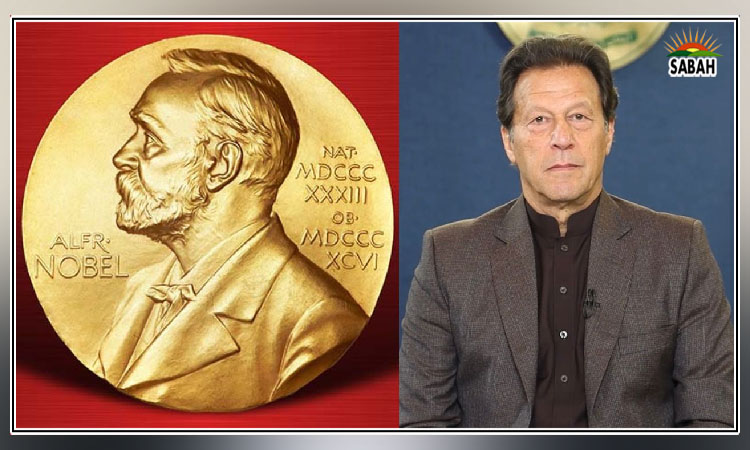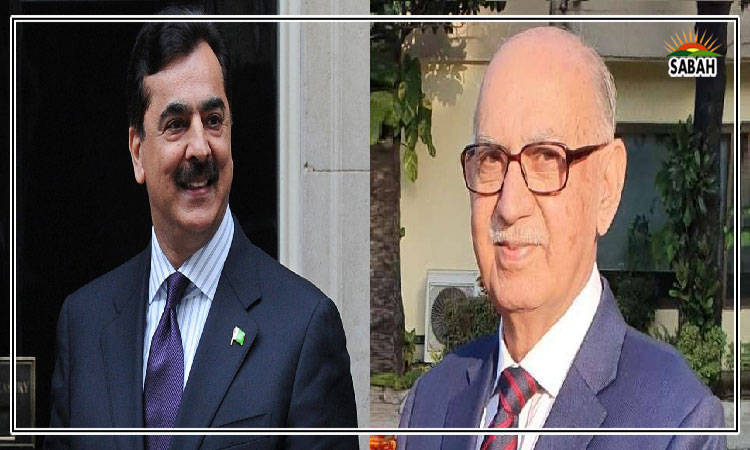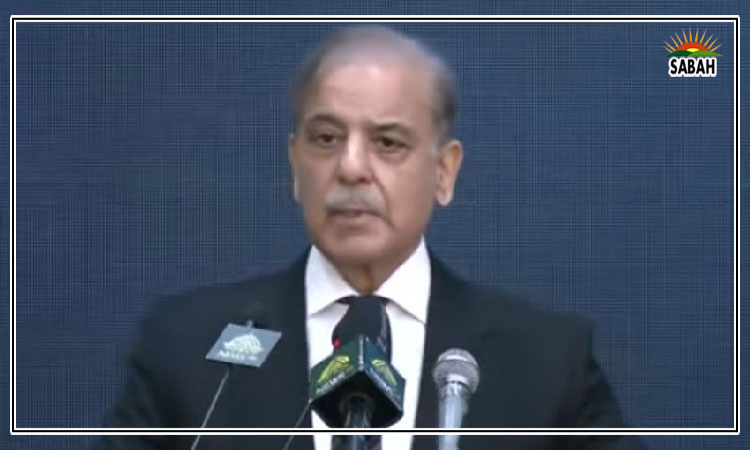Bilawal’s Gen Z challenge…By Sheharyar Jaffri
If we trace Pakistan’s recent political realignments, one name stands out: Bilawal Bhutto Zardari. As the youngest leader of a major political party in Pakistan, Bilawal has consistently proved his skills in navigating political shifts, inheriting the knack for politics from his late mother as well as his father.
However, while his parliamentary achievements have attracted eyeballs across the aisles, Bilawal’s lack of mass mobilisation among the country’s youth remains a glaring gap in his political journey. Too close yet too far.
Despite being in an ideal position to resonate with Gen Z – those born between the mid-1990s and the late 2010s – he has yet to fully leverage this opportunity. Pakistan’s youth, who make up the majority of its population, are currently rallying behind a leader like Imran Khan, a 72-year-old former prime minister. This irony underscores a pivotal point: Imran Khan, despite his below-average governance during his 3.5 years in office, successfully captivated the youth through a powerful narrative strategy that painted his opponents as corrupt and traitorous. Disingenuous for sure, but did it work? Certainly.
Imran Khan’s appeal lies in his ability to tap into the emotions of Pakistan’s people. Over decades, he cultivated an image of himself as a populist leader. From his days as Pakistan’s first global sports icon to his charity work, Khan built a reputation that resonated deeply with the public. This strategic branding created a belief of him as a messianic figure, even when his policies and governance mostly fell short.
In contrast, Bilawal Bhutto Zardari has yet to capture the imagination of Pakistan’s youth in an equivalent manner. Gen Z, integrated with technology and driven by the need for excitement and purpose, seeks leaders who can inspire and engage. Bilawal has all the tools to meet these expectations but has not yet positioned himself as the leader for this demographic. While Bilawal may have some support from the youth, it is mainly ancestral. The majority of his younger supporters seem to be more inclined towards the PPP because their earlier generations have been avid supporters, or because their localities have been highly mobilised by the his party.
In order to expand his following even further, Bilawal must address key issues and implement extraordinary measures that resonate with the people. Where is his opinion where it matters the most: Balochistan, local bodies, student unions, forced conversions in Sindh, violence against gender minorities, creeping blasphemy politics? In fact, he can raise his voice on internet censorship and poor service in the country. However, Bilawal chooses to either observe peculiar silence or provide opinions that are too timid.
Not only is Bilawal usually silent on such critical matters, but his image amongst the youth also remains rather alien. There is a very prominent disconnect. To truly connect with his people, it is important for Bilawal to support a relatable and approachable image. Perhaps by sharing glimpses of his personal interests – such as his favourite music; does he follow local, platforms such as Coke Studio? What are his thoughts on the country’s music industry, etc or by commenting on sports; joining in on the cricket frenzy within the nation, discussing whether he prefers cricket or football, engaging in conversation regarding the country’s sports dynamics, or connecting through cultural preferences.
Sharing such information builds a significantly more approachable image. His late mother, Benazir Bhutto, excelled in this regard, famously holding her wedding in Lyari, Karachi. Such acts created a profound connection with her supporters, something Bilawal can emulate to build trust and rapport.
Another critical area where Bilawal must focus is Karachi, Pakistan’s largest city and a significant youth hub. Despite the PPP’s longstanding rule in Sindh since 2008, the party’s governance in Karachi has been lacklustre. The city’s youth often criticise the provincial government for its ineffective management and delayed responses to pressing issues. For instance, poorly constructed roads that require frequent repairs and the absence of a modern urban management system reflect a governance style that fails to inspire confidence.
While the Sindh government’s achievements in the health sector are commendable, they are insufficient to win over the younger generation. Modern governance requires a comprehensive approach that addresses infrastructure, education, employment, and digital connectivity. If Bilawal can implement reforms that modernise governance in Karachi, he has a real chance to gain the support of its youth.
Imran Khan’s success in captivating the youth stems from his ability to dominate the narratives game. By positioning himself as a crusader against corruption and portraying his opponents as villains, Khan created a movement that transcended traditional politics. His rallies, speeches, and social media presence consistently reinforced this image, making him a populist icon.
Bilawal, too, must invest in narrative-building and digital outreach. Despite delivering impactful speeches and representing Pakistan on global platforms, snippets of his interviews and public addresses are rarely shared on social media. An active, well-coordinated social media team could amplify his message and engage the younger demographic more effectively.
Bilawal’s current image, often presented by his party as that of a seasoned statesperson, does not align with his actual age and potential to connect with the youth. He needs a team of advisors committed to representing him as a leader of the people, rather than individuals focused solely on advancing their own positions within the party. By surrounding himself with dynamic aides and embracing innovative strategies, Bilawal can expand his appeal beyond traditional PPP strongholds.
Moreover, Bilawal’s approach to politics must reflect a departure from conventional tactics. He should prioritise connecting with ordinary citizens and addressing their everyday concerns. By doing so, he can bridge the gap between parliamentary politics and grassroots engagement.
The political landscape in Pakistan is ripe for change, and Bilawal has the opportunity to fill the leadership vacuum left by Imran Khan. To succeed, he must focus on genuine connection and action. Initiatives such as addressing regional grievances, advocating for local governance and student politics, and tackling societal issues; this can set him apart as a visionary leader.
Bilawal’s ability to resonate with the youth depends on his willingness to step out of the shadows of conventional politics and embrace a more dynamic, people-centric approach. The youth of Pakistan, particularly Gen Z, are not just a demographic – they are a force that can shape the nation’s future, a political constituency that is still left to be tapped despite being taken over by the PTI.
The writer is a Karachi-based journalist and sociopolitical commentator.












